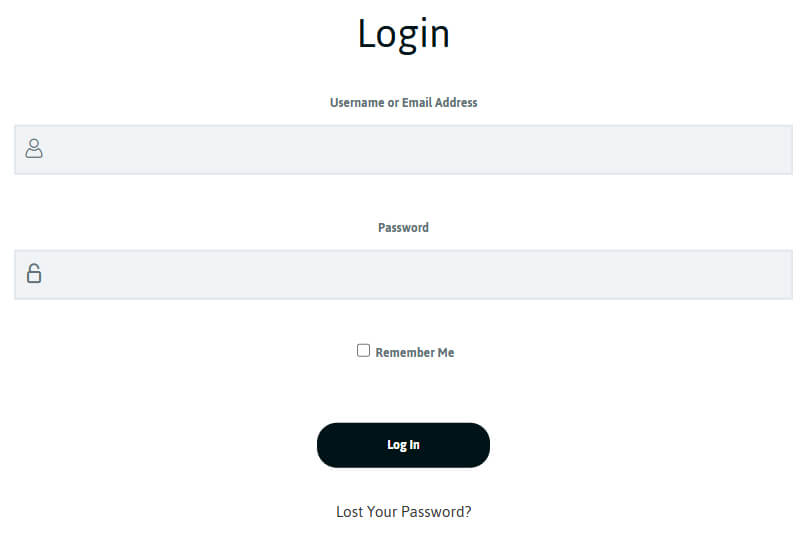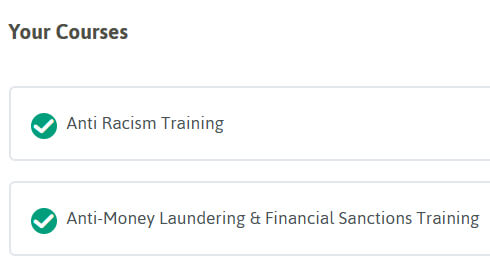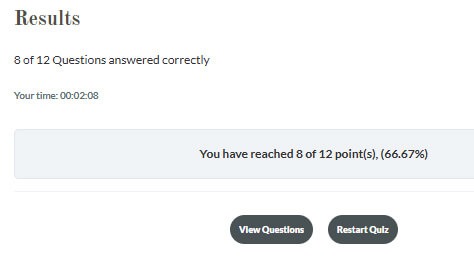Fair Recruitment and Selection Training v5.1
Already enrolled on the course? Please login to access.
Who is this training designed for?
Members of the Bar involved in lateral recruitment, pupillage interviews and mini-pupil assessments, and staff recruitment.
Chambers’ support staff involved in lateral recruitment, pupillage interviews and mini-pupil assessments, and recruitment of other staff.
The ABC Fair Recruitment training module was specifically written for Members of the Bar and Chambers support staff, by practicing barristers Kerry Gardiner and Anna Williams, who specialise in Employment Law. The course is designed to help ensure that Chambers recruitment is fair, constant and in accordance with legal obligations and the Bar Standards Board guidelines.
About the Authors

Kerry Gardiner, called in 2006, is a specialist Employment and Discrimination barrister, practising from Guildhall Chambers. She acts for both Claimants and Respondents across the full spectrum of Employment Law, including unfair, constructive & wrongful dismissal, redundancy, Transfer of Undertakings (TUPE), whistleblowing, breach of contract and discrimination. As well as representing clients in employment tribunals and judicial mediations, Kerry is frequently instructed to appear in the Employment Appeals Tribunal.

Anna Williams was called in 2019 and is a member of Guildhall Chambers. She specialises in Employment & Discrimination law and has experience in all aspects of these fields. She has been instructed to appear in multi-day employment tribunal proceedings and regularly appears in appeals before the Employment Appeal Tribunal. In addition to practice, Anna undertakes extensive academic work in the fields of employment law and contract law.
Kerry and Anna specialise in Employment & Discrimination law as well as representing clients in employment tribunals and judicial mediations, They are both frequently instructed to appear in the Employment Appeals Tribunal.







